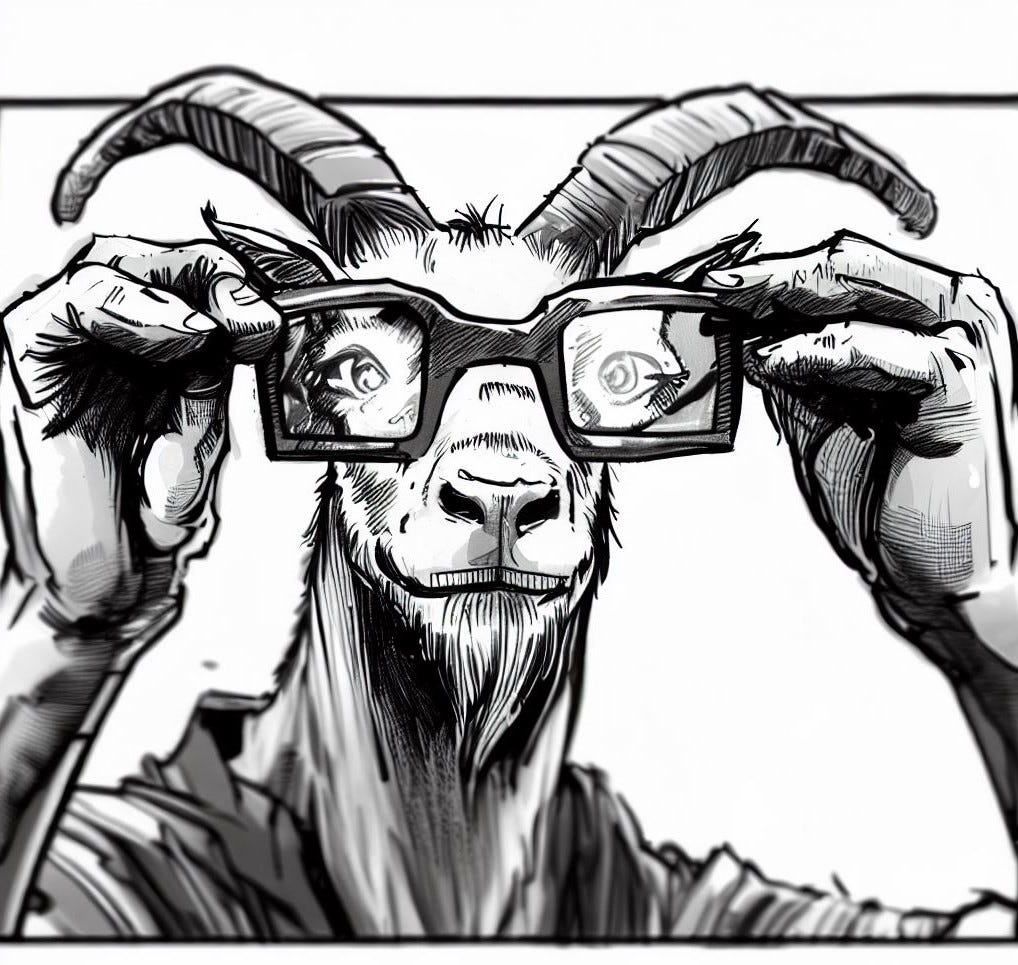Every parent thinks their baby is the most beautiful creature to ever grace the planet. This is as it should be! This biological imperative is powerful, and it’s a reason for our survival as a species.
No, I’m not here to talk about how some babies are actually really ugly. Even suggesting that such babies might exist out there—babies so ugly you don’t even want to look at them, hideous little creatures whose appearance seems to threaten to turn you to stone—would be beneath this publication.
Instead, let’s turn to Ernest Breech and the Edsel for a moment.
Ernest Breech, the executive chairman of Ford during the late 1950s, once likened launching a new product to giving birth to a new baby.
With pride and anticipation, Breech was responsible for introducing a new product to the world: the Edsel. Named after Henry Ford’s son (no pressure), the company wanted a new flagship product, and Breech was eager to give them what they wanted.
There were a lot of warnings, though, from within the company:
Too expensive. The Edsel was priced significantly higher than its competitors, and many consumers felt it was not worth the extra cost.
Too crazy looking. The Edsel's design was very different from anything else on the market at the time.
Too many problems. Plagued by a number of mechanical problems, the Edsel saw engine failures and transmission problems galore.
Breech and Ford plowed forward in spite of the warnings.
Like doting parents, Ford’s leaders became so enamored with their creation that they failed to see the flaws everyone else could see so clearly.
If you’re Gen X like me, though, there’s an example that’s a much more vivid example for us, combining recent memory with nostalgia.
New Coke
What’s the biggest product flop of all time?
If you were born between 1960 and 1980, I bet you already started thinking about New Coke when I mentioned products failing. This experiment is seared into our collective memory.

Facing increasingly stiff competition from Pepsi, and losing “Pepsi Challenge” contests, Coca-Cola felt… threatened. They tried a desperate gambit: they would change the formula of the most popular beverage in human history. That would show ‘em!
CEO Roberto Goizueta was confident that this change was what consumers wanted. "New Coke" became one of the most hyped product launches of its time.
However, the warning signs were there, and they came from several places:
Bottlers: Coca-Cola bottlers are separate businesses from the Coca-Cola company. They warned that consumers would not like the new taste and that it would damage the Coca-Cola brand.
Consumer focus groups: Coca-Cola conducted consumer focus groups to test the new formula. Some preferred the new taste, but some said it tasted like “flat Pepsi”… and worse.
Employees: Coca-Cola employees were vocal about these changes, not trusting the new formula to preserve their jobs.
In spite of all this, Goizueta just knew their baby was beautiful.
I remember how the public responded to this. I was 9 years old at the time, and soft drinks were a big deal. When New Coke rolled out, my friends hoarded the original Coca-Cola bottles and cans.
People sent a lot of very angry letters. As far as I know, they called congress and did a march on Washington. This was serious business.
79 days later, Coca-Cola admitted that it had made an expensive mistake. The original formula was reintroduced as "Coca-Cola Classic."
New Coke lived on as “Coke II” for a few years, but then it…. fizzled out.
Jumping the Shark
I don’t know how many people warned the showrunners of Game of Thrones that the last two seasons were going to be a jumbled mess of legacy-ruining fantasy-vomit, but I bet it was a lot.
The same was certainly true of Happy Days, from whence the phrase “jumping the shark” originates. This iconic moment, where the Fonz literally jumps over a shark while water skiing, has become emblematic of a show that's strayed far from its original appeal, stretching credibility to its limits:
Warned against hasty conclusions and careless writing, these shows, and countless others, carried on past their prime. Instead of bowing out with grace and dignity, they clung to the limelight, producing episodes that felt more like desperate attempts to remain relevant than genuine storytelling.
Let me know in the comments what your favorite “tarnished legacy” TV show or movie franchise is.
Seeing Clearly
It's human nature to become attached to our creations, to view them as extensions of ourselves. It’s only the most insightful creators who have the humility to listen. Whether it’s Ford doubling down on the Edsel, Coca-Cola confounding wisdom, or TV shows that should no longer be made, cautionary tales can be drawn from those who lacked this humility.
The unifying thread that runs through these stories is the dangerous blend of pride and blindness—of viewing your “baby” as unable of being ugly.
This isn’t just a lesson for TV show producers or CEOs. It’s a lesson for all creators—writers, entrepreneurs, and business owners alike. When you breathe life into something new, don’t forget to keep your ears open.






That you post about ugly babies and jumping the shark TODAY is quite the coincidence. HAPPY BIRTHDAY!!!🎁🎉🎈🎊🎂🤣❤️
This reminds me of something my writing partner once said to another writer (not me, but it could apply just as easily): "The problem with your idea is that you think it's brilliant."
This is why "let's at least sleep on it" is good counsel.